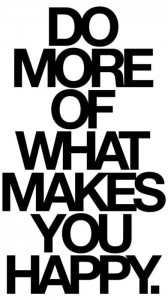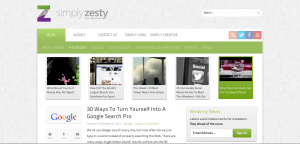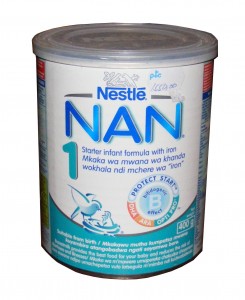When you see magazines filled with ads with beautiful women with flawless skin, how much do you think all of that is “natural”?
In 2011 Lancôme ad that featured Julia Roberts, the UK’s Advertising Standards Authority (ASA) banned the distribution of the ad and stated that it “must not appear in its current form again“. In an article that addresses this topic, they compare the faces of “real” Julia Roberts and photoshopped Julia Roberts and address that it is indeed misleading for the image to be so unreal:
I don’t think there’s anything in the world that can make our skin look that immaculate…
This ban does bring up how beauty ads are often overemphasized, but ethics also plays a large role in this. It’s evident that beauty ads have given themselves a negative role for portraying beauty as being “perfect”. We are constantly being guided into a misconception that beauty in media and magazines are only acceptable. Society is persistently getting attacked with self-esteem issues and these ads are not helping.
I know that the overall goal of advertising companies are to not support natural beauty in society, but to generate revenue by selling false insight on what beauty should look like. Perhaps they should consider removing their socially harmful ways and start using respectful ethics to promote the truth.
NOTE: I have nothing against Julia Roberts. She’s awesome.











Recent Comments